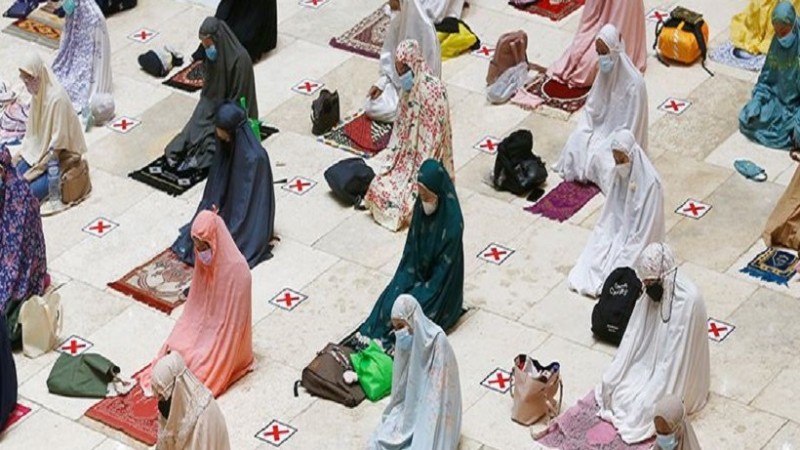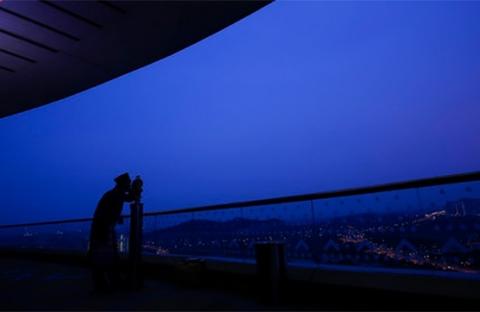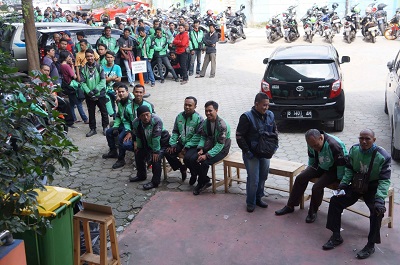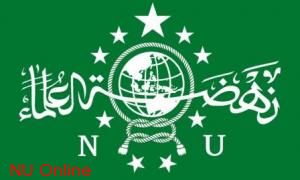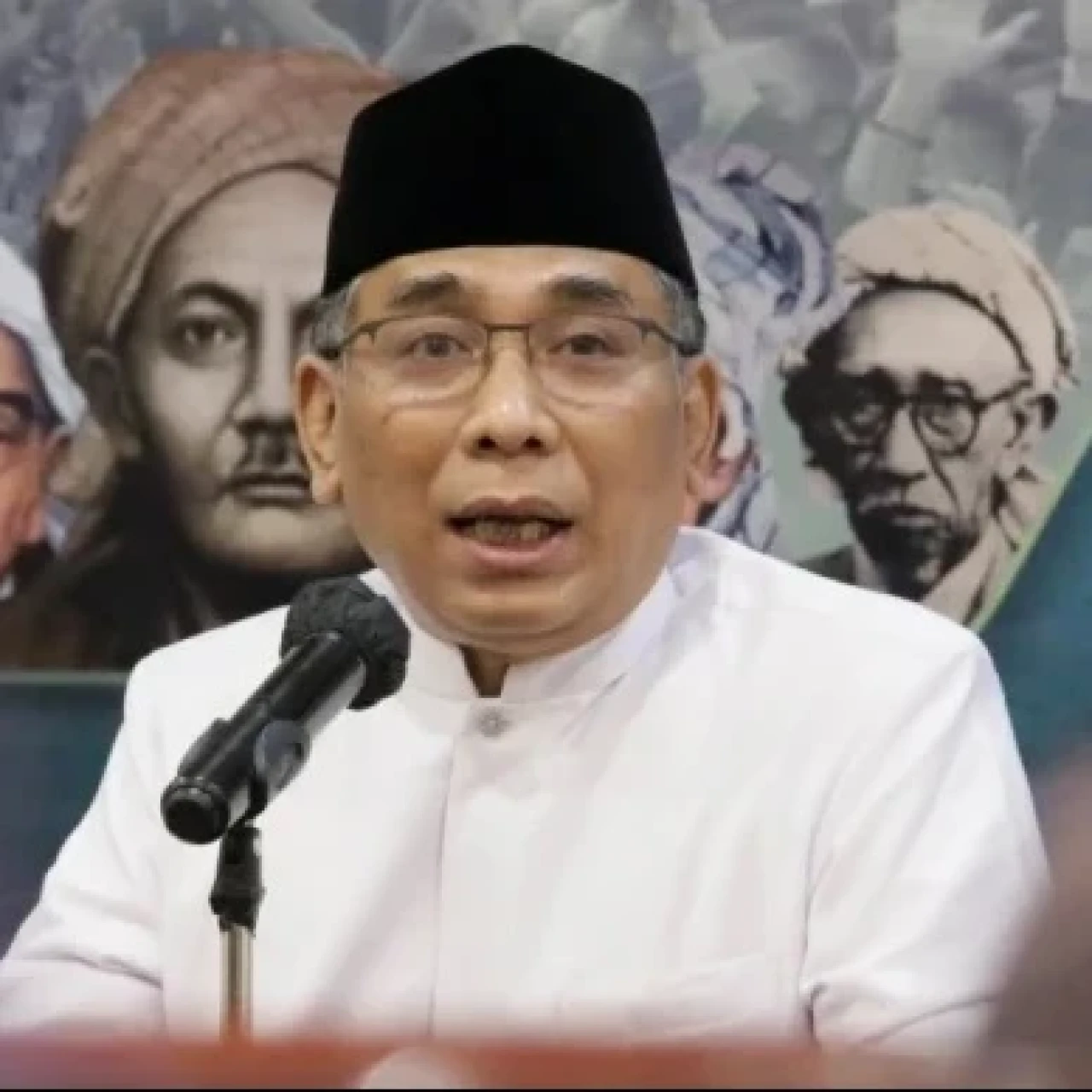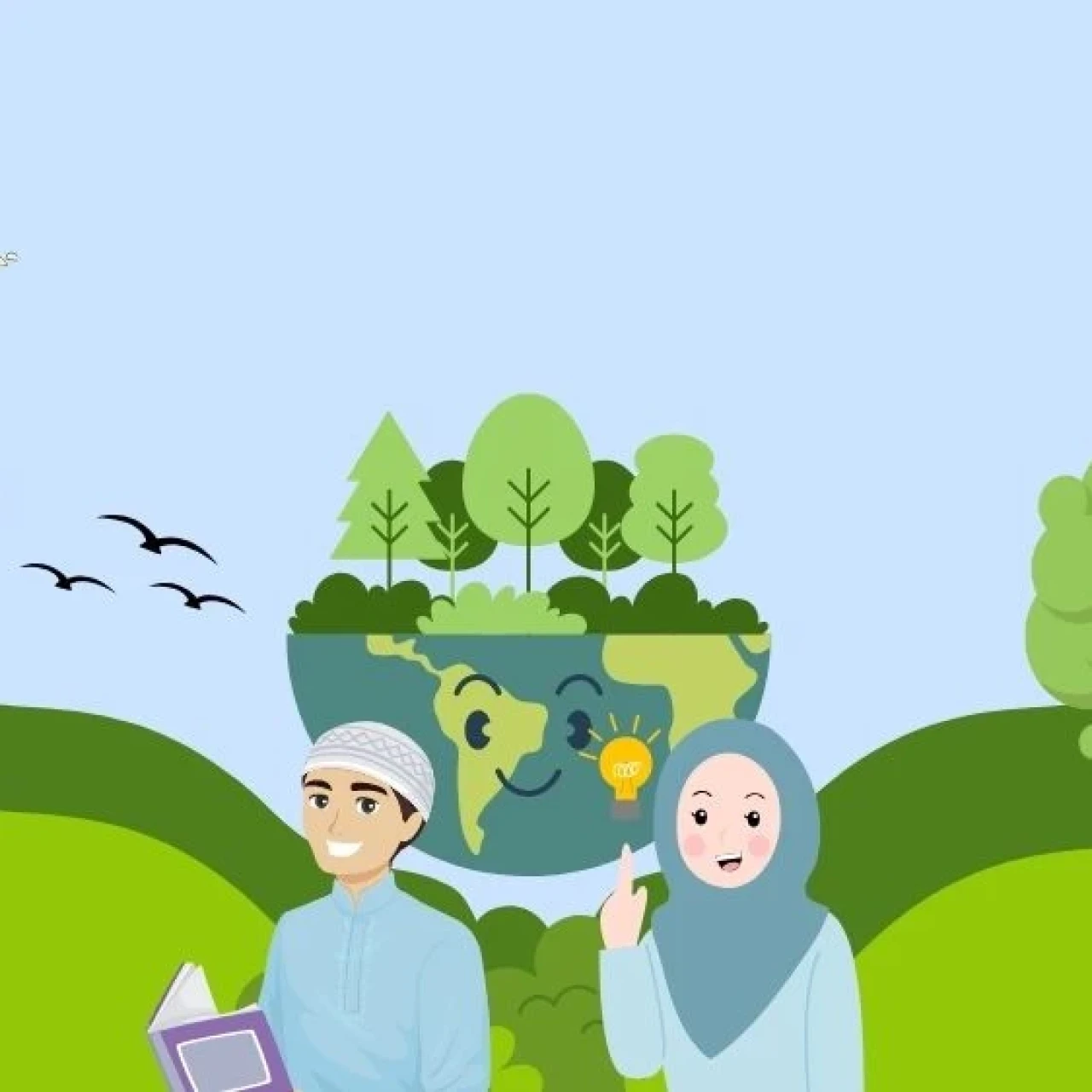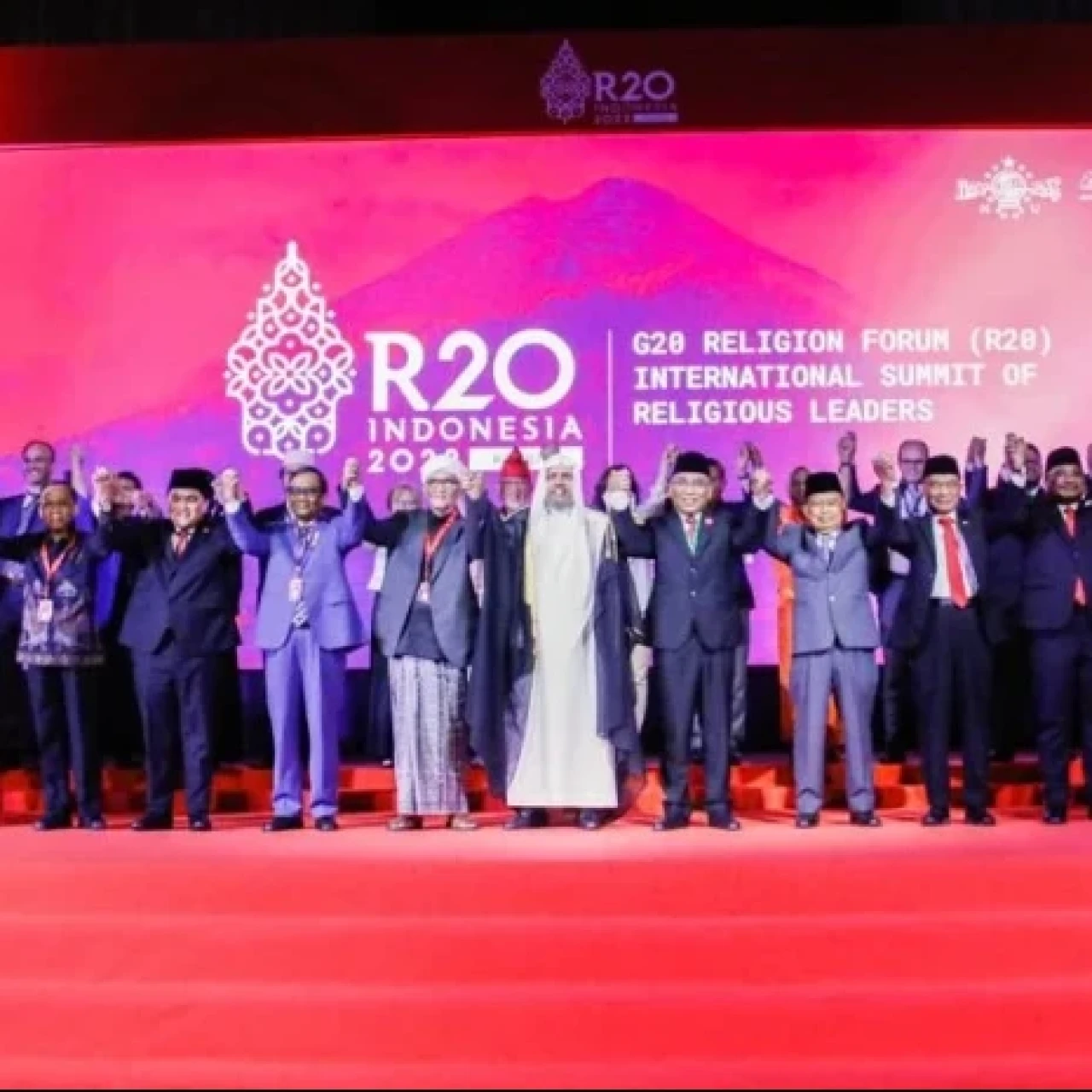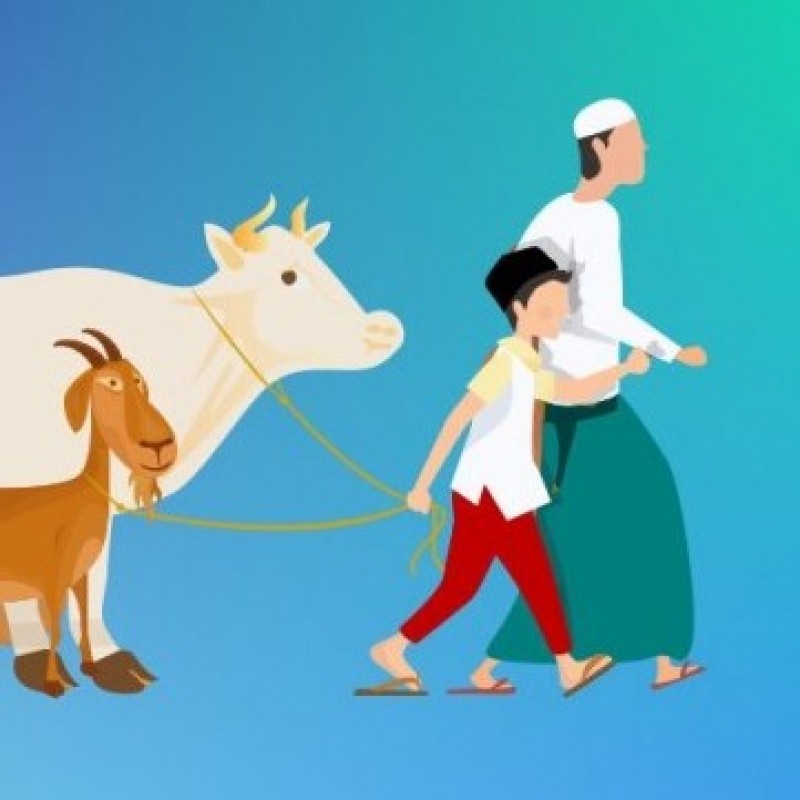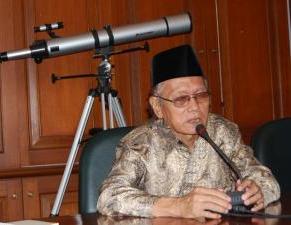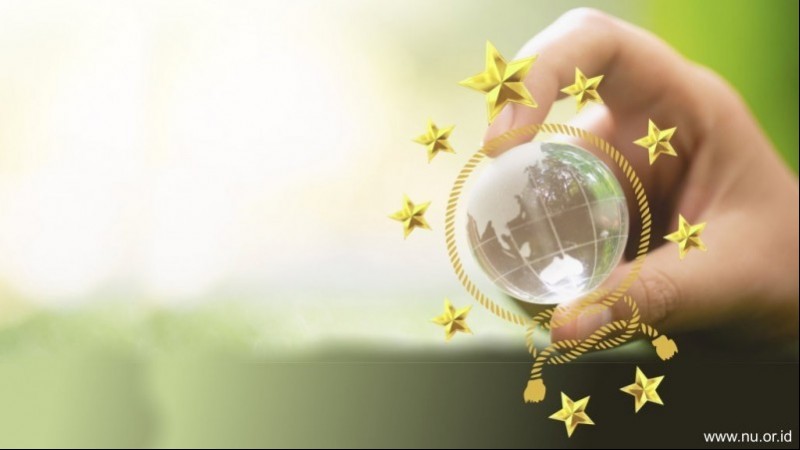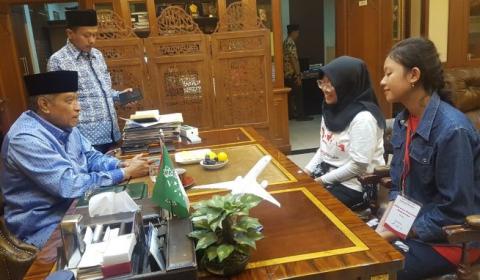Sudarto Murtaufiq
Penulis
For the second Ramadan during the coronavirus pandemic, all muslims around the world have to be capable of enjoying a fruitful, safe and healthy Ramadan. They must keep performing rituals by beginning to adapt to possible changing ways of life.
It is a time for prayer, fasting and reflection without losing its significance. the essence of fasting is not merely to restrain from eating and drinking. Yet it is a total restraint with the control of faith by, among others, nurturing the soul to be obedient to God and filtering out such negative emotions as anger, greed, selfishness, arrogance, dishonesty and others.
Now, all countries around the world have imposed restrictions, including Indonesia. The government has restricted the number of worshippers of mosques and other places of worship. Wearing masks is a must and will be mandatory. On this stand, we have to adapt the government's regulations for Ramadan during the coronavirus pandemic.
Among the regulations are calling on worshippers to wear masks during the entirety of the prayer services,
providing hand sanitizing stations throughout the mosques, screening those who have any cold-like symptoms before coming into the mosques or other places of worship, monitoring the number of Muslims entering the mosques, checking temperatures and implementing screening protocols at the entrances, ensuring social distancing guidelines, and so on.
In the face of the pandemic, the government through the Indonesian Ulema Council (MUI) have even issued a fatwa (religious verdict) that praying and performing ritual gatherings at home is the safer option during the holy mosth of Ramadan. At this point, it is understandable that in addition to being broadcast online, prayers, religious sermons and Quranic recitations are conducted on live feeds via social media platforms.
One of the impacts of such regulations is that Muslims have to also limit their activities at home, including in enjoying both iftar (the meal at sunset breaking the fast) and sahur with their family members, instead of celebrating the iftar and the sahur with large circles of family and friends in public places.
The government has recently allowed mosques and other places of worship to remain open during Ramadan with rules in place that include maintaining social distance, staying away from the mosques or other places of worship for those who are not in good health, requiring masks and so fourth.
We may not be able to perform the five daily prayers and tarawih at mosques and other places of worship, but we can do all the prayers in congregation at home with our family members. We can still do social interaction (hablun minan-naas) in this holy month by, among others, giving alms, giving food to break the fast for others, and paying mandatory alms (zakat fitrah).
Thus, whether or not the Covid-19 pandemic is present, this Ramadan still has the meaning and essence leading us to the goal of fasting, namely la'allakum tattaquun (being pious individuals). On this stand, the purpose of fasting is to attain the degree of piety. Those who are fasting are expected to be capable of developing and strengthening their powers of self-control.
Ramadhan, in this respect, is a means of purifying the soul and rejuvenating the faith and developing characters, increasing self control and being an inspiration towards individual and social creativity.
Sudarto Murtaufiq, lecturer of the Islamic University of Lamongan (UNISLA) and chairman of the Al-Maarif Education and Social Foundation Majenang Lamongan
Terpopuler
1
Khutbah Jumat: Maulid Nabi Muhammad dan 5 Tugas Kenabian
2
Khutbah Jumat: Tidak Ada Alasan untuk Tidak Bersyukur atas Kelahiran Rasulullah
3
Peristiwa Pengemudi Ojol Tewas Dilindas Polisi Picu Perlawanan Rakyat Lebih Besar
4
Khilaf dan Kurang Cermat, PBNU Minta Maaf Telah Undang Peter Berkowitz
5
Kesejahteraan Guru Terancam, Kemendikdasmen Hanya Dapat 7% dari Rp757 Triliun Anggaran Pendidikan
6
Kapolda Metro Jaya Diteriaki Pembunuh oleh Ojol yang Hadir di Pemakaman Affan Kurniawan
Terkini
Lihat Semua

